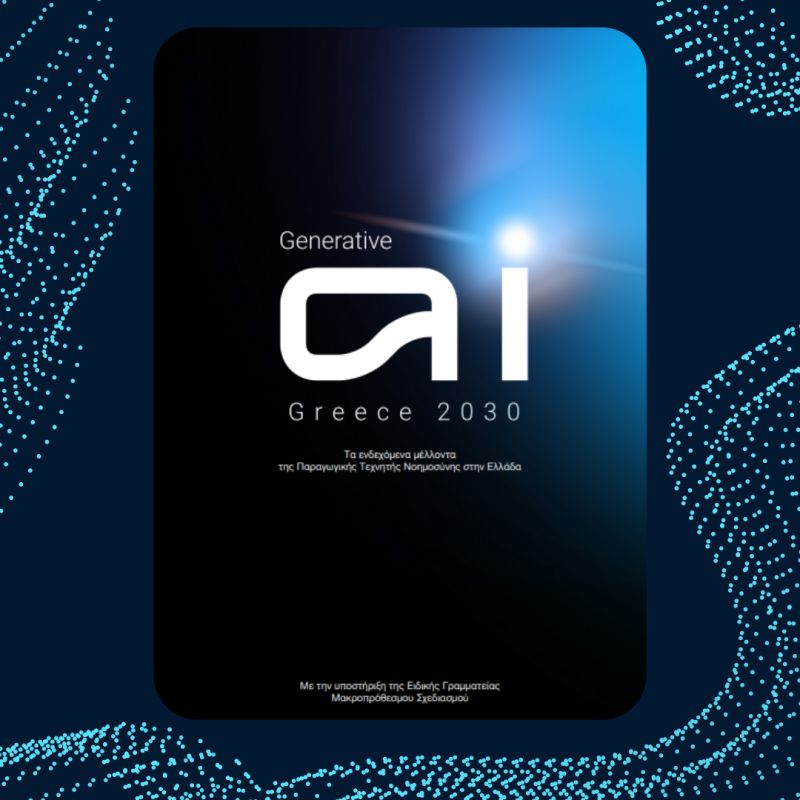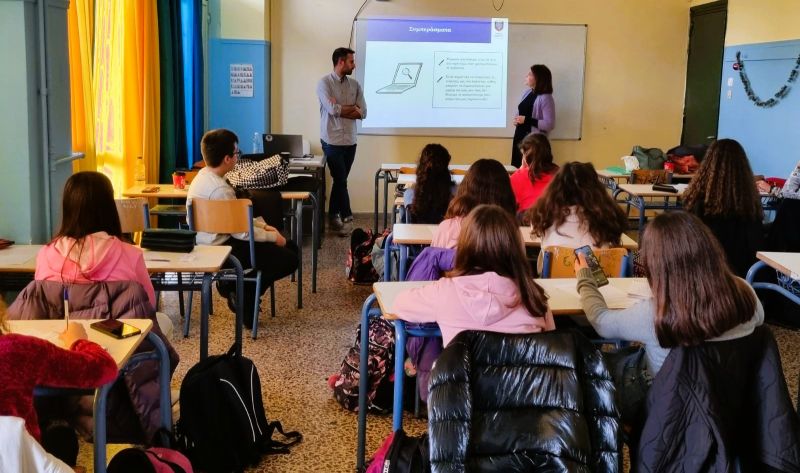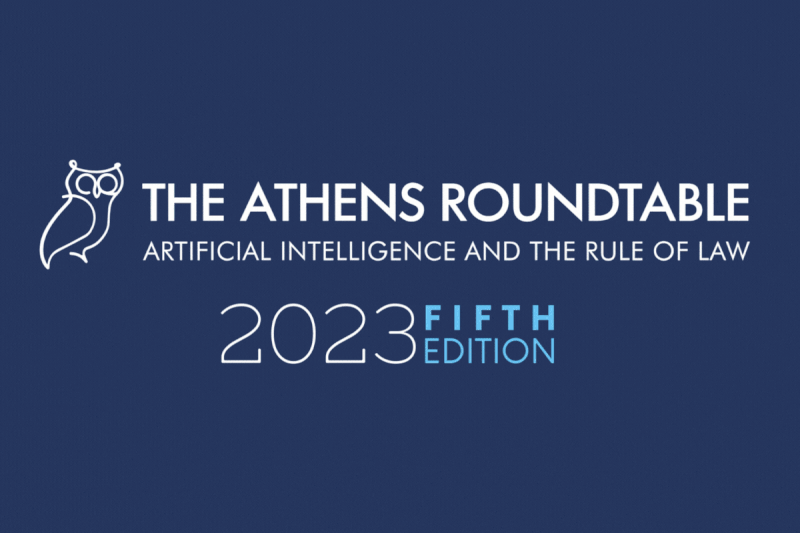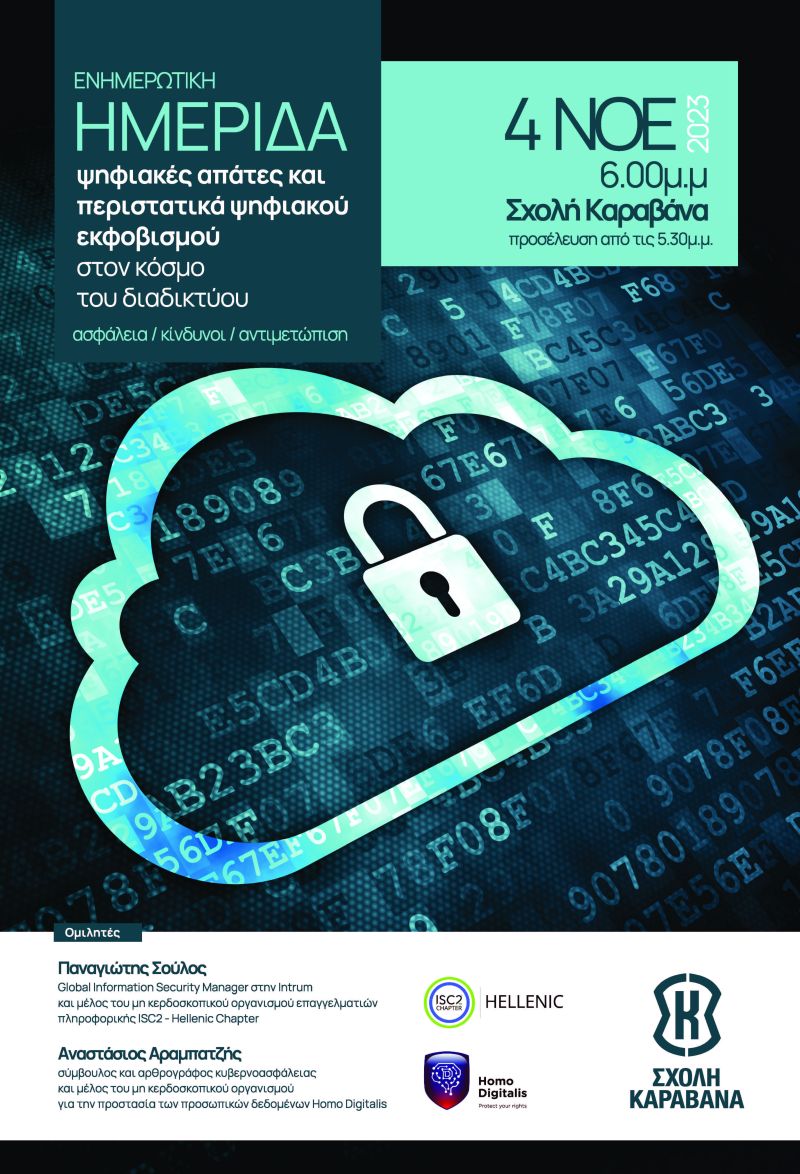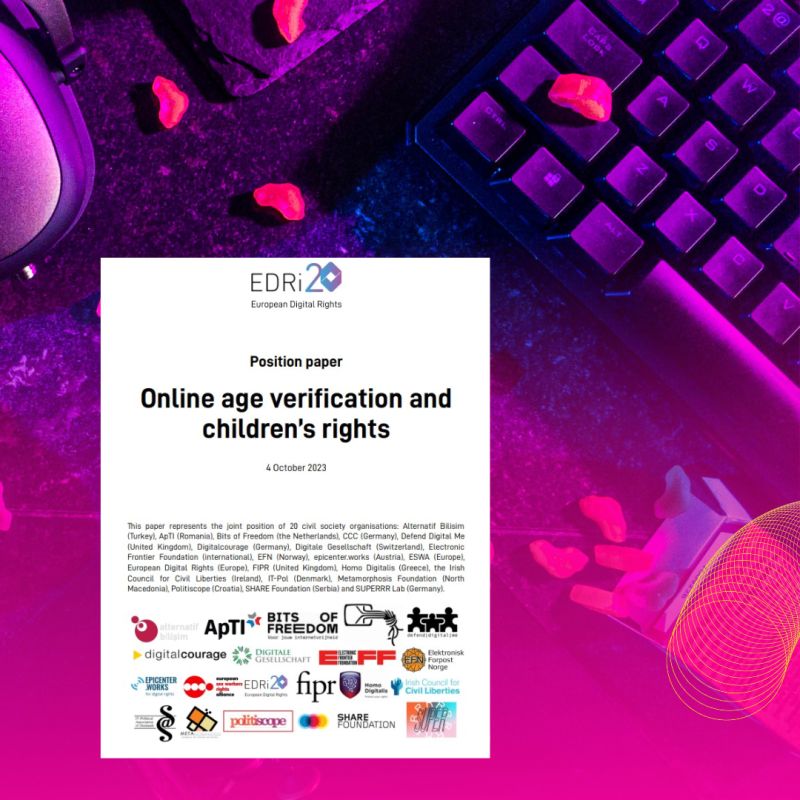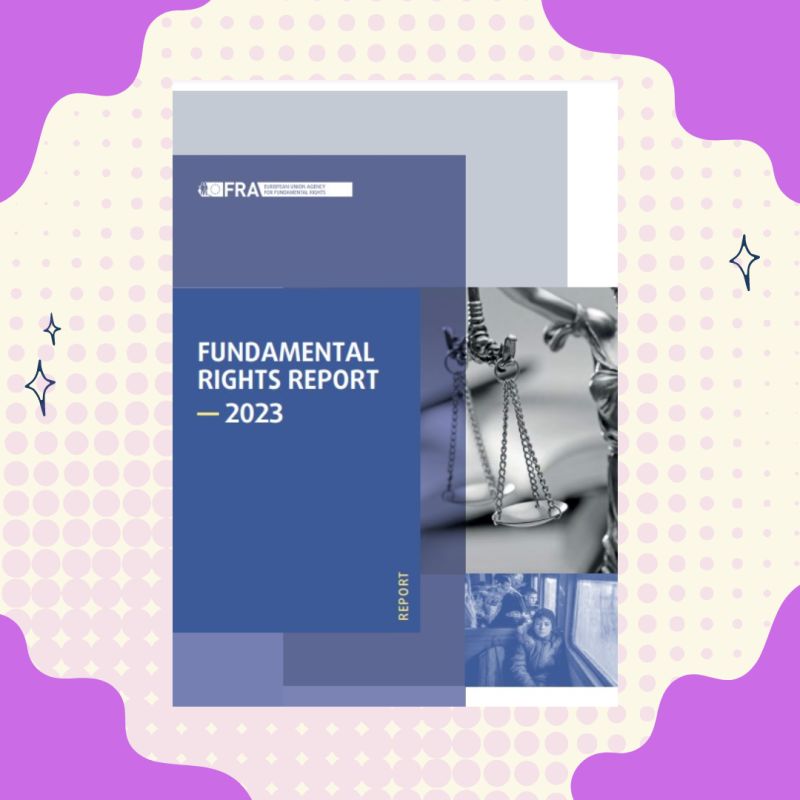We submitted our report to the UN Special Rapporteur on the right to education regarding the use of AI in education
The United Nations Special Rapporteur on the right to education, Ms Farida Shaheed is preparing her upcoming report for the UN General Assembly in October 2024 on the promotion of the right to education based on artificial intelligence tools.
Homo Digitalis, after completing a tour of schools and conversations with teachers, students and parents, believes that the contribution of civil society with a practical look at this issue is important!
For this reason we have submitted our report before her on Monday 27 May. We would like to thank Anastasios and Viliy Karagiorgou and Lamprini Gyftokosta for their important contribution to the drafting and filing of this report!
Our joint research on children's safety and privacy online just published
YouGov, Humankind Research and Homo Digitalis conducted a survey on online safety and privacy for children in Greece, which shows high levels of concern among adults and young people.
-What percentage of Greeks are concerned about children’s online privacy?
-Do they believe that children have little control over how their data is collected and used?
-Who do Greeks believe is primarily responsible for protecting children online?
The survey also highlights the critical need to invest in raising awareness among Greek citizens, both adults and non-adults, on issues of privacy, protection and safety online.
You can find the survey and learn more about its results:
We are organising a workshop for an innovative digital identity wallet in the framework of the PRIVÉ project
Homo Digitalis is a proud partner of the PRIVÉ project!
On 13 February at 18.00, we will host a workshop to present the solution developed within the project and have it evaluated by privacy-conscious end-users:
The EUDI wallet will revolutionise the way digital identity is handled in Europe. But how do we achieve widespread user adoption? Are privacy and trust important factors and are they sufficiently taken into account in the current EUDI architecture?
In response to these pressing questions, the PRIVÉ project is pleased to announce a webinar (hybrid) on 13 February 2024. This event will present an innovative solution for digital identity wallets that not only emphasizes strong privacy mechanisms, but also features seamless integration with the eIDAS and GDPR frameworks, setting a new benchmark for digital identity solutions.
13.02.2024, 18:00 Athens time
Three parallel sessions simultaneously:
-Athens.
-HERAKLEIO: at Bizrupt, Vikelas 34-36.
-Online session via Zoom
This webinar offers a unique, hands-on experience with PRIVÉ Wallet, inviting participants to engage directly with the technology through a real-life implementation scenario. We invite you to be part of its evolution. Your feedback on the usability of the wallet and your insights into the factors influencing the adoption of EUDI wallets by European citizens will be invaluable.
Join us in shaping the future of digital identity in Europe – a future where your identity is secure, your privacy is respected and your trust is earned.
You can learn more and register here.
Participation of Homo Digitalis in the EKKE and Democritοs Study on the use of Productive Artificial Intelligence in Greece
The Special Secretariat of Foresight, Hellenic Republic (Special Secretariat of Foresight, Hellenic Republic), in cooperation with the National Centre for Social Research (EKKE) and the National Centre for Scientific Research “Demokritos” (EKKE “D” National Center for Scientific Research “Demokritos”) implemented the first empirical research approach of strategic foresight for the use of Generative Artificial Intelligence (GIA) in Greece.
The research presents trends, opportunities, challenges, uncertainties and possible options that will shape the future of the country’s AI ecosystem. It provides a framework for proposed strategic initiatives and policy recommendations. Its main objective is to draw on the collective knowledge and foresight of experts and practitioners regarding the impact of the domestic Productive Artificial Intelligence (PI) ecosystem, with a time horizon of 2030.
It is a great honour for the Homo Digitalis team to be selected to be among the 30 experts who participated in the interviews using questionnaires for the preparation of the survey. The experts represented various stakeholders (public administration, research-academic community, business-private sector, civil society, professional and scientific bodies) and are systematically involved in the WTN. Our team was represented with remarks by our Board Secretary Lefteris Chelioudakis.
We would like to thank Dr. Charalambos Tsekeris, Head of the Research Project “GenAI Greece 2030”, Vice-Chairman of the National Bioethics and Technology Ethics Committee and Principal Researcher of the ESRC for the inclusion and the honorary challenge to Homo Digitalis to participate. Our organization is always available to give presence to similar initiatives and to actively participate in the public debate on the use of AI technologies.
You can read the full study here.
We gave one of our greates interviews... in the school newspaper and the web channel of the 1st Model High School of Ilion
On Friday 15/12 Homo Digitalis gave one of the most beautiful interviews it has ever given!
Lambrini Gyftokosta and Konstantinos Kakavoulis talked about the digital footprint in the group of the school newspaper and the web channel of the 1st Model High School of Ilion!
We would like to thank teachers Chrysanthi Sotiropoulou and Ioanna Kassimi for hosting us and of course the students who impressed us with their questions and interest!
We wish the best to the young journalists and we are sure that we will have many more opportunities to meet them in the future!
You can read the article in the school newspaper here.
Homo Digitalis co-hosts The Athens Roundtable on AI and the Rule of Law in Washington DC
The time has come for this year’s (5th!) “The Athens Roundtable on AI and the Rule of Law” and Homo Digitalis is pleased to announce that it will be among the Co-Hosts
-When? Thursday 30 November and Friday 1 December.
→ Online via Zoom Events and with a physical presence at the Jack Morton Auditorium, Washington DC, USA
Register now to attend for free here.
The 5th The Athens Roundtable on AI & the Rule of Law will focus on the emerging challenges posed by generative AI & foundational models, while opening up the discussion on international collaboration, measurement and evaluation, regulatory compliance and law enforcement. In 2023, a seismic shift in the AI landscape was triggered. The rise of generative AI & foundational models brought into focus the need for a serious discussion around the development, implementation and governance of AI.
Tune in for a timely discussion with excellent speakers from around the world!
Speech by Homo Digitalis at the Karavanas School in Larissa
We live in a networked world. Children search for information, communicate and play using online platforms. The internet is a place of opportunities and challenges. Every day we read about a new digital scam or incidents of digital bullying. How can we empower parents and children to feel safer in the virtual world of the internet? What are the dangers of the internet and how can we tackle them?
Karavanas School invites parents and children to an interactive and topical information session on Saturday 4 November 2023, at 6 pm at the school premises.
➡ Speakers will be.
– Panagiotis Soulos Global Information Security Manager at Intrum and member of the non-profit organization of IT professionals ISC2 Hellenic Chapter, and
– Anastasios Arampatzis cybersecurity consultant and columnist and member of Homo Digitalis.
We published a joint study with EDRi on age verification online
Age verification is the process of predicting or confirming a person’s age online. Increasingly we hear from governments and technology companies that age verification is a tool we should use to ensure the safety of children online.
For example, in the EU, the draft regulation establishing rules to prevent and combat child sexual abuse (CSAR) proposes to enforce age verification forms for private messaging services (e.g. WhatsApp, Signal) and app stores operating in the EU, as well as to provide strong incentives to use this tool on all other digital platforms and services, such as social media.
The European Digital Rights network, including Homo Digitalis, has prepared a relevant study with a rich analysis of more than 30 pages, freely available here.
It is important to ensure that our children have access to age-appropriate online content. However, quick technological ‘fixes’ such as age verification online will not make a difference or really solve the complex problems we face. On the contrary, the adoption of age verification systems can have serious human rights implications, especially for the children they are intended to protect.
The EU's Fundamental Rights Agency once again makes explicit reference to our important work
For yet another year, the European Union Agency for Fundamental Rights honours Homo Digitalis with an explicit reference to our actions in its annual study!!
It is a great success for the official EU agency and the only independent reference centre for the promotion and protection of human rights in the EU to make reference to our important interventions at national level.
We take strength to continue with more actions in the new season!
You can read the FRA’s annual study for free, here.



